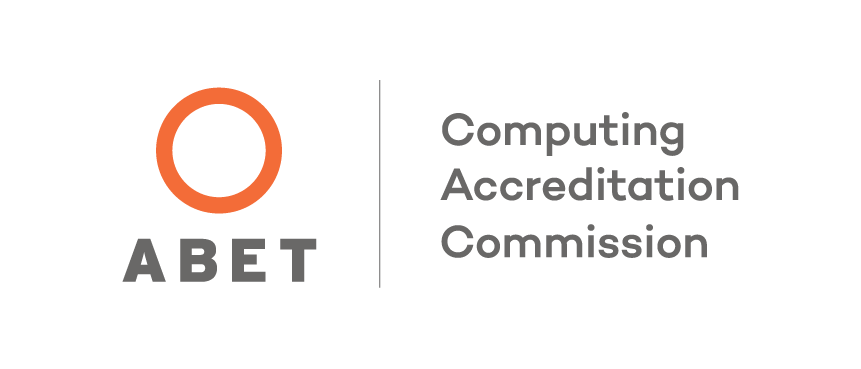Computer science accreditation
The Bachelor of Science in Computer Science program at Wayne State University is accredited by the Computing Accreditation Commission of ABET, https://www.abet.org, under the commission’s General Criteria and Program Criteria for Computer Science and Similarly Named Computing Programs.

Mission statement
The mission of the computer science B.S. program is to provide undergraduate students with a strong foundation in both computer science theory and programming practice that is necessary to solve real-world engineering problems. Through the use of state of the art software and hardware, students will learn to develop their theoretical and programming skills in order to allow them to apply these learned techniques to analyze a problem, evaluate possible solutions, and create a solution as part of a program development team. The program prepares students for engineering careers in software design, intelligent systems, big data systems and analytics, computer systems and network design, software system security, and bioinformatics. Graduates will be prepared to take positions in these areas in academia, industry, and government, the local community, and will be prepared for graduate studies in computer science as well. In addition, the program provides students with opportunities to interact with other professional institutions and exhibit the highest ethical standards in the practice of their profession.
Enrollment and graduation statistics
| Year (fall semester) | Enrollment | Degrees awarded |
|---|---|---|
| 2024 | 972 | 156 |
| 2023 | 1020 | 151 |
| 2022 | 917 | 159 |
| 2021 | 858 | 149 |
| 2020 | 843 | 146 |
| 2019 | 793 | 103 |
| 2018 | 741 | 87 |
Program educational objectives
The objectives of the bachelor of science in computer science program are to develop graduates who, within a few years of graduation:
- Students will be able to apply the principles of computer science, mathematics, and scientific investigation to solve real-world problems appropriate to the discipline.
- Students will have lifelong learning skills, which will allow them to successfully adapt to evolving technologies throughout their professional careers.
- Students are sufficiently prepared for employment and advanced studies and will have significant experiences with complex software development for real-world problems.
- Students will have sufficient teamwork, communication, and interpersonal skills to enable them to work with others effectively in their professional careers.
- Students can function ethically and responsibly, and are conscious of ethical, social, global, legal, security, and professional issues related to computing.
Student outcomes
The BSCS undergraduate program has adopted ABET student outcomes that describe what students are expected to know and be able to do by the time of graduation. The BSCS undergraduate program is designed to produce graduates who are able to:
- Analyze a complex computing problem and apply principles of computing and other relevant disciplines to identify solutions;
- Design, implement, and evaluate a computing-based solution to meet a given set of computing requirements in the context of the program's discipline;
- Communicate effectively in a variety of professional contexts;
- Recognize professional responsibilities and make informed judgments in computing practice based on legal and ethical principles;
- Function effectively as a member or leader of a team engaged in activities appropriate to the program's discipline;
- Apply computer science theory and software development fundamentals to produce computing-based solutions.